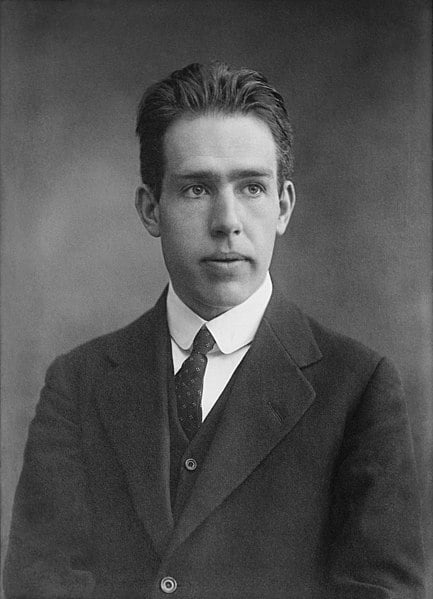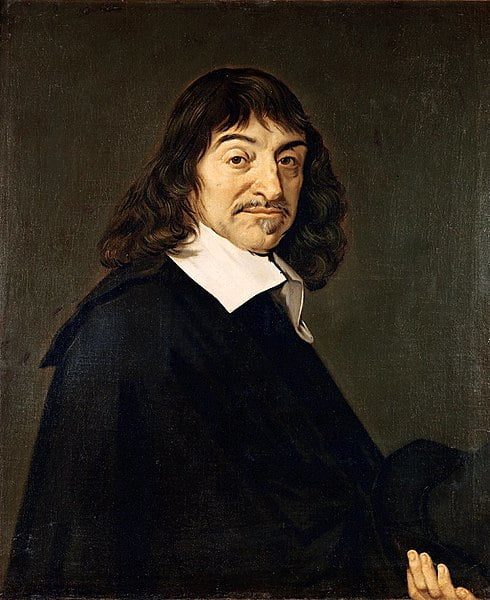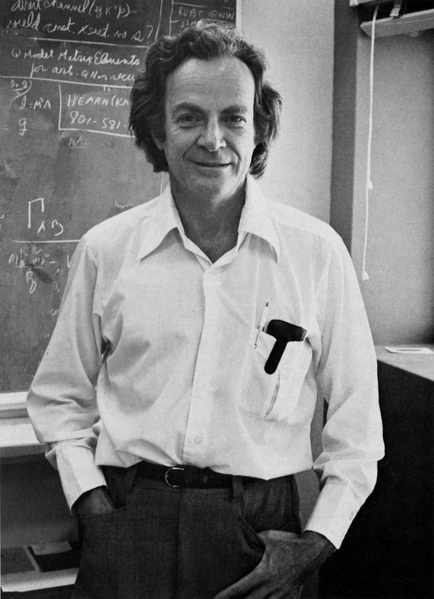| Nationality | Pakistani-American |
| Born | 1968 (age 55–56), Lahore, Pakistan |
| Known for | – Interferometric gravitational waves – Quantum measurement |
| Awards | – 2013 Joseph F. Keithley Award For Advances in Measurement Science – MacArthur Fellows |
| Current Position | – Curtis and Kathleen Marble Professor of Astrophysics at Massachusetts Institute of Technology (MIT) – Dean of the university’s School of science |
| Previous Position | – Associate Head of the Department of Physics at MIT |
| Education | – Bachelor’s degree in physics and astronomy from Wellesley College – PhD in alignment issues in laser interferometric gravitational-wave detectors from MIT |
| Doctoral Advisor | Rainer Weiss |
| Career Highlights | – Developed a prototype laser interferometer for detecting gravitational waves during graduate studies at MIT – Conducted research on cosmic microwave background at the California Institute of Technology – Joined MIT physics faculty in 2002 – Elected to the National Academy of Sciences in 2017 |





